Downshifting means working less, earning less and spending less and it’s what Lowimpact.org’s Sophie Paterson has spent the past year attempting to do. She shares what she’s learnt so far and why she’d encourage others to embrace downshifting too.
August 2016 marked two big changes in my life. The first of these was getting married and the second relocating to begin a new down-sized existence in Devon with my husband. For the previous three years, we had been working full-time as a project manager and gym instructor respectively whilst sharing a house with my now-mother-in-law in the north east of England. Life was busy, with lots of time spent commuting to work on trains and little time with each other. We dreamt of a home of our own which wouldn’t tie us into the mortgage or rental market. To this end, after coming across the Straw Works School of Natural Building in 2014, we began developing the skills we hope will in the future enable us to build an affordable low-impact house on a plot of land in Devon we secured a year later. By the spring of 2016, however, the upcoming end of my contract opened up new possibilities to re-locate to Devon and embrace a less high-impact lifestyle a little sooner, albeit with some fairly significant changes.
Embracing exchange
In line with earning and spending less, the main changes concerned accommodation and employment. Our first step was to make the move to self-employment, individually and as a partnership which offers natural building services. As for accommodation, an advert for an opportunity to develop a new business on a farm with accommodation on-site was what took us to Devon originally. Whilst this sadly didn’t work out as hoped, with family and friends to support us we were able to source a live-in volunteering opportunity at another farm, which has happily been a far more positive experience. In exchange for our time and existing skills, over the past year we’ve had the chance to explore many new and exciting ones, from learning the basics of growing vegetables in the farm’s polytunnel to delivering lambs in the wee small hours. I for one have developed a new-found love of pigs, with their clear intelligence and knack for both effectively turning up ground and making very determined bids for escape at every possible opportunity.

Feeding lambs on the farm – a very heart-warming new experience.
Switching to self-employment
With our main outgoings being transport and food-related, our overheads have significantly reduced in line with our earnings, which are effectively now less than one fifth of our previous combined annual income. This is made up of work here, the farm’s egg business and the occasional natural building project. We also hope to supplement this with more creative endeavours, chiefly my husband’s art work, in the near future. Not working the typical 9 to 5 five days a week means that our approach to work has radically changed. Rather than being told what to do and when to do it, it is very much up to us to network and create opportunities, such as working with Chris and David at Hawkland Ecological Construction this month after linking up at the Totnes Eco Homes Fair in October. Meanwhile, our approach to money has altered too. The comfortable existence of a regular salary is no more but we do not lament this. Money is now a means to an end rather than an end in and of itself and we have greater respect for the more meaningful value of time and experience.
A far cry from spending days computer-bound in an university office (albeit with the loveliest of colleagues), it is remarkable how distant and also how unappealing that existence now feels to me. Having initially fretted about the scope of changes to our circumstances, my husband for one is pleased that I have now embraced the freedoms that self-employment can bring. We are able to follow our true interests and passions all of the time, not just in our ‘spare’ time. Indeed, the concept of ‘spare’ time no longer rings true, as there is always something to be doing or working towards. Crucially, we now have the time we need to dedicate towards progressing towards a planning application and our designs are now informed by our current low-impact living experiences – incorporating a larder, for example, with space to preserve and store food in a bid to consume only what we need and to avoid wastefulness.
Valuing time over money and people over things
Perhaps most rewarding, however, is how connected we now feel to those around us. After a formative first year of marriage, we’re not only closer as a couple but also feel closer to our families and friends, despite living a good couple of hundred miles away from most of them. They’ve supported us through thick and thin, with varying levels of curiosity, sometimes cynicism but always love. In a way it has been their journey, too, and we dare to hope that we might have inspired at least some of them to consider downshifting as a positive rather than negative trajectory too. Meanwhile, becoming part of the resident farm family has taught us something of what it is to live in a more communal way and the rewards of shared efforts, such as when we all came together to dig a grave and bury a much-loved horse on a cold February day. We’re also experiencing the benefits of small space living and enjoying having far less stuff than we used to.
The most important lesson of all has been to continue to seek and strive towards opportunities to do what it is we love. Whilst it hasn’t been entirely plain sailing, without this we wouldn’t be in Devon, I wouldn’t be working for Lowimpact.org and we certainly wouldn’t be planning towards building a home with our very own hands. In essence, downshifting is all about being creative – with resources, with finances and with time. It reveals true values, strengths and a fair few weaknesses in my case, too. It has, however, most definitely been worth it. Whether one great leap or in incremental stages, downshifting is something we would encourage everyone to try – even if just a little.
You can find out more about downshifting in our topic introduction. You might also be interested in learning about WWOOFing, a great place to start if you’re considering making a similar change.




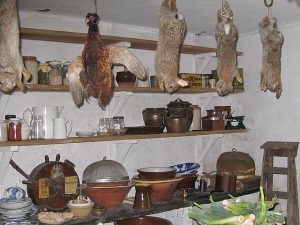


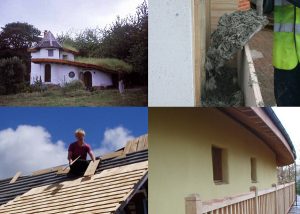
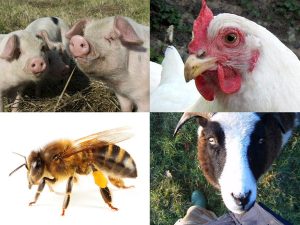
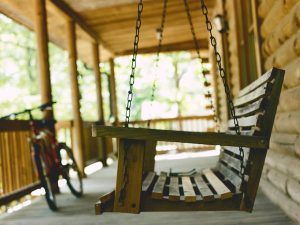



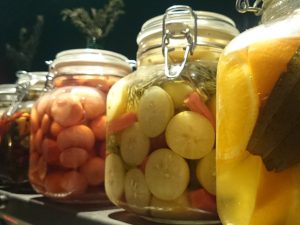

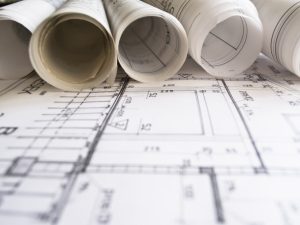

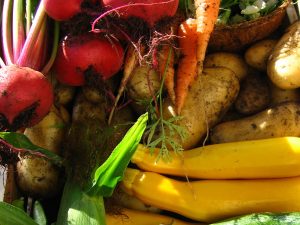
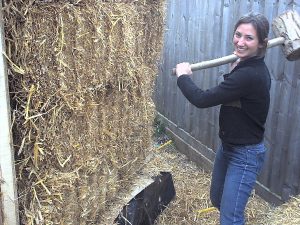

5 Comments
Great article, inspiring and heart-warming, thank you 🙂
Thank you – that’s lovely to hear!
Great words and a beautiful message – couldn’t be happier for you and Josh, Sophie, you are nothing short of inspirational.
Thank you for telling your inspiring story.
I would like to do the same, and was wondering whether you or your readers had any ideas about how to go about securing a similar plot of land?
I’ve got a few health problems and would prefer to get some small piece of land independently so I wouldn’t be a burden to a resident farm owner, and wwoofing would be similarly daunting for the same reason.
Thank you for your attention
Lana
Hi Lana, I’m glad you found the post interesting. In terms of your question about sourcing land, I would have to honestly say I have no one clear answer, particularly where living on the land and planning issues are involved. It would depend on what you would want to do on it so maybe our topic introduction on planning would be a good place to start? You can find it here: https://www.lowimpact.org/lowimpact-topic/0-planning-permission/. I hope this helps and good luck with your search.